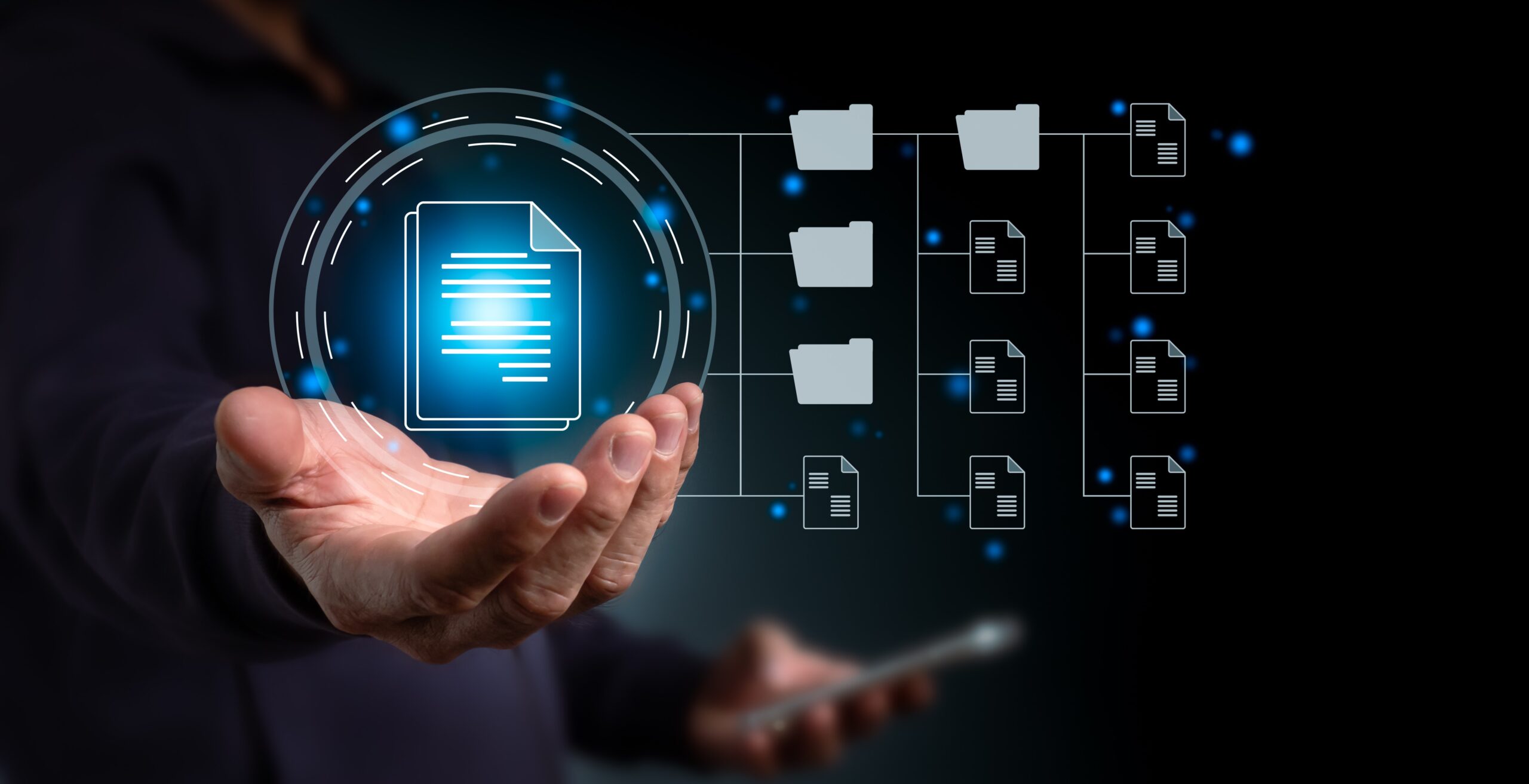AI in Practice
The use of AI is now an integral part of litigious workflows, from practice management and automation exercises, to DIY and chatbot-like legal services, but what does this really look like in practice?
Date : 05/07/23


From practice management and automation exercises to DIY and chatbot-like legal services, the use of AI is now an integral part of most litigious workflows.
In fact, AI is fast becoming widely used across various industries, with developments in machine learning showing promise in solving complex issues.
Although industry-wide adoption within law could be described as relatively slow compared with other industries, lawyers are finding practical uses for litigation AI in every stage of their matters’ lifecycles.
In this article, we explore three key ways in which AI has permeated litigation practice.
The benefits of litigation AI
There is no denying the benefits of AI in litigation. From case prediction to instant access to information, AI can support trials and hearings in numerous ways, and can save legal professionals a significant amount of time and money.
In addition, AI tools can enhance collaboration, compliance, and the overall strategic approach to legal proceedings and litigation, allowing lawyers to work with increased speed and efficiency for every aspect of your case.
3 ways AI has permeated litigation
1. Generative AI functionality
Lawyers are now unlocking key connections, events, patterns and insight into their dataset using generative AI technologies. This is a particularly powerful practical use case for AI in larger, more complex cases where the review and analysis of relevant documents are in the hundreds of thousands or millions.
Powered by GPT, TrialView’s intelligent search functionality allows users to access case knowledge with incredible speed, meaning lawyers can uncover inconsistencies in their opponent’s case and witness testimony, whilst saving time and cost.
2. Speech to text technologies
Digital dictation has come along leaps and bounds over the last few years and has become an invaluable tool for key litigious activities, such as hearings or witness interviews.
TrialView’s Witness Preparation Tool includes fully integrated, hyperlinked video transcription. Ensuring compliance with PD 57AC, users can record a verbatim account of witness evidence, and generate a draft witness statement hyperlinked to key documents.
3. Predictive coding
AI can be invaluable for carrying out tedious, labour-intensive tasks such as data entry, processing or analysis. This is especially true for bundling exercises.
TrialView’s intelligent workspace allows you to create complex bundles in full compliance with relevant rules. Whether you are working from Excel, PDF, Word or e-mail we enable fast PDF bundle creation with a hyperlinked index, OCR and bookmarking. AI tools enable date recognition, smart pagination, dynamic cross referencing and hyperlinking across all documents.
Find out more about how litigation AI can support you
To conclude, these technologies are not only becoming inevitable due to being court-prescribed in some cases, but they are essential to legal practitioners in their ability to remain competitive as more clients rightly demand price and strategy transparency in relation to their matters.
At TrialView, our award-winning AI powered platform is a trusted litigation solution for law firms around the world. Our Open AI offering enables you to ask questions, build timelines, detect patterns, and make connections at speed.
This allows you to compare statements, depositions, and case documents, as well as uncover inconsistences in your opponent’s case and witness testimony. Plus, with eBundlng, case preparation, and hearing services, TrialView allows you to work with speed and efficiency so you can make your case preparation smarter through collaboration.
If you would like to learn more about how litigation AI can support your upcoming trial or hearing, reach out to info@trialview.com for an overview of our AI capabilities. Alternatively, why not book a tailored demo to see TrialView in action?
Related Blogs


Timeline Creation: TrialView Perspective
With our AI functionality, we balance innovation with practical tools to help make your case preparation easier. One of our newest evolutions is Timeline Creation functionality.
- Written By : Eimear Mccann
- Date : 19/07/24


LIDW24 – Quinn Emanuel A Judicious look at AI
Our panel explored the transformative potential of AI and its implications for the legal profession.
- Written By : aleks
- Date : 04/07/24
Take The Next Step.
If you’re wondering about how we can help you focus more on outcomes, and worry less about hearing prep, book a tailored demo or give us a call.


Get In Contact
Want to find out more? Get in touch to find out why TrialView is the platform of choice for dispute resolution.

